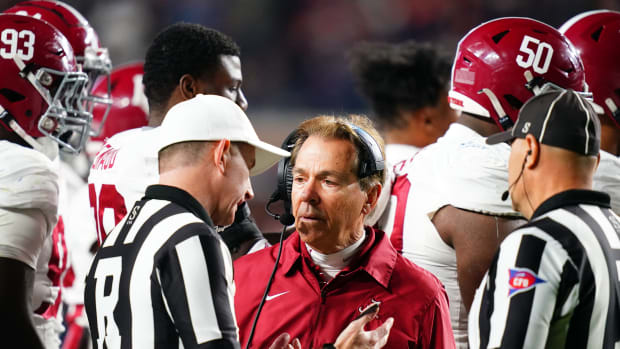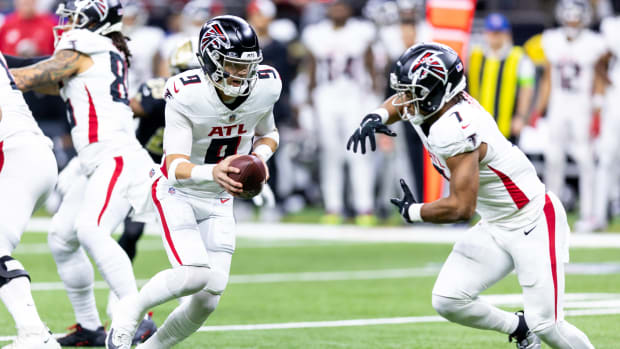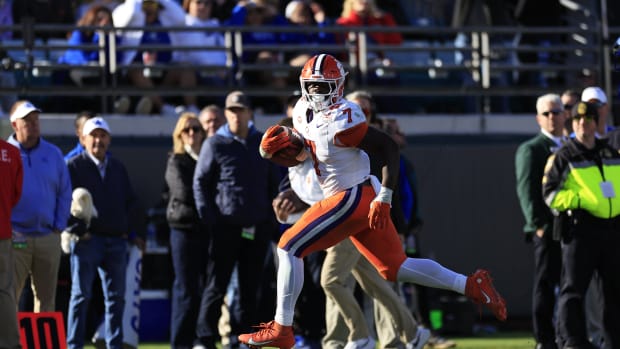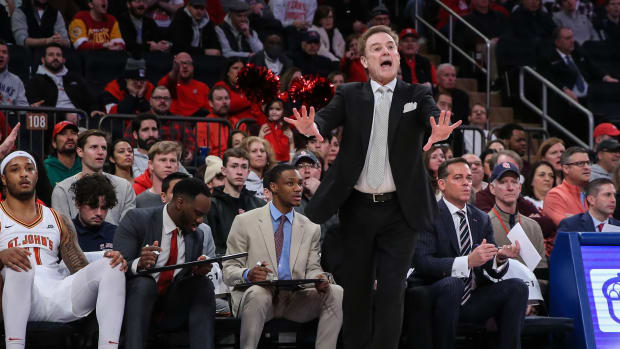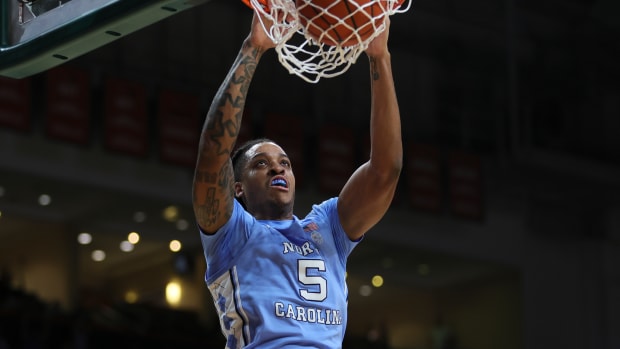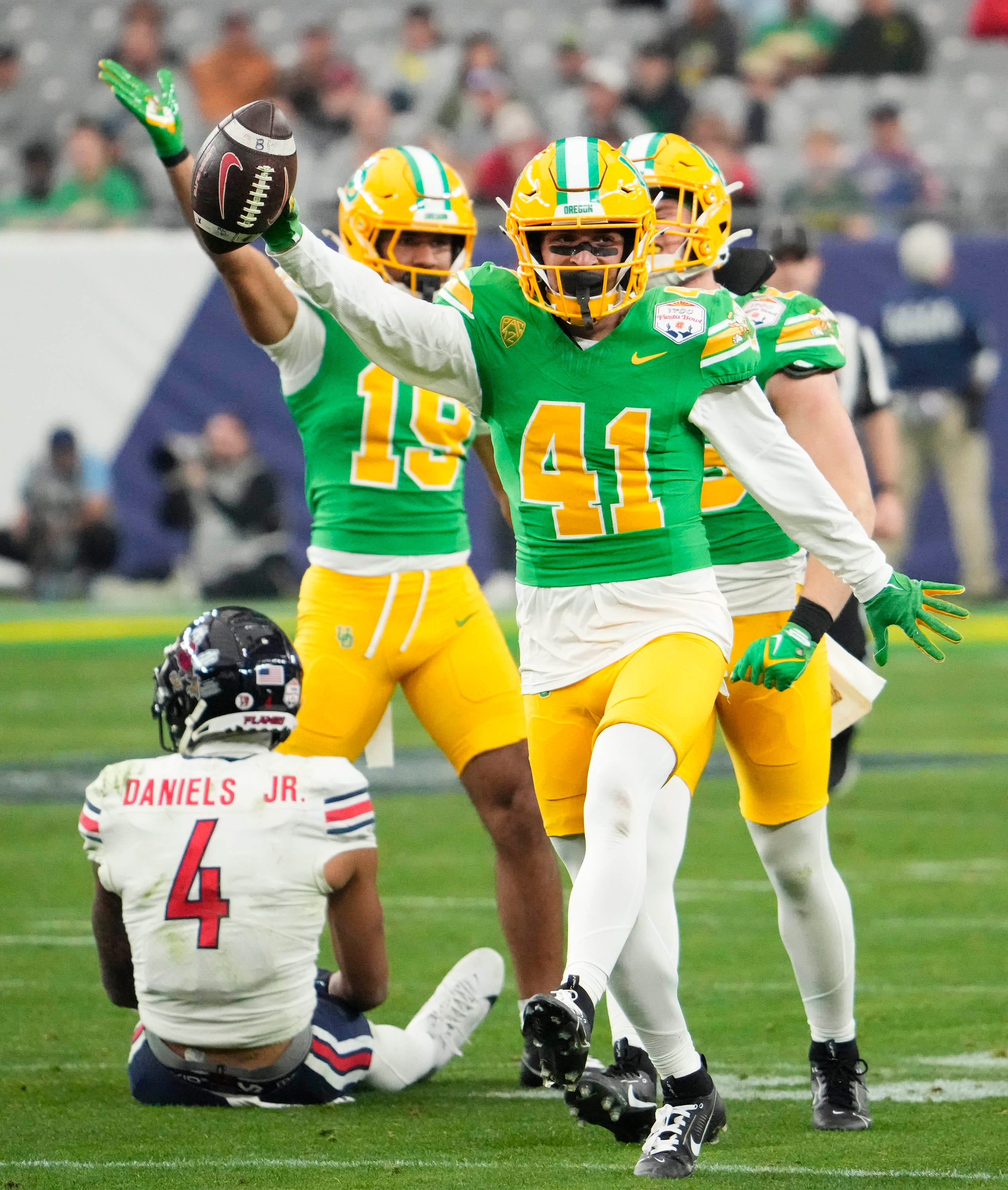
Aggressive Amendments to Oregon NIL Law Passes Committee Vote
Yesterday, the Oregon House Committee on Education passed an amended version of Oregon’s NIL legislation by an 8-0 vote. The amended bill contains expanded protections on student-athlete compensation, and consequently, undermines the remaining authority of the NCAA to police NIL. While passing out of committee is only an early step, if enacted, this amended legislation could fundamentally change what college athletes receive NIL payment for and open the floodgates for states to create similar legislation.
Most notable in the amended bill is the addition of the term “athletic reputation” to the end of the now ubiquitous Name, Image, and Likeness. This new construction of Name, Image, Likeness, and Athletic Reputation says the quiet part out loud. While NIL was first construed as a way to restore the right of student-athletes to monetize their publicity rights without NCAA interference, quickly NIL collectives exploited a loophole to turn endorsement deals into a booster-funded pay-for-play regime.
According to NCAA policy, NIL is meant to be predicated on off-field influence, not on-field performance. However, now that a collective-backed "pay-for-play" system has become dually integrated into college athletics and many legal challenges have mounted against the NCAA to expand this pay-for-play system further, there is no putting the cat back in the bag. While there exists a sizeable contingency of fans and coaches who do not like the NIL collective payment scheme, public sentiment, especially in the presence of new ultra-lucrative media rights deals, indicates that revenue athletes should, in some form or fashion, receive compensation beyond scholarship for their on-field efforts.
Oregon’s construction of Name, Image, Likeness, and Athletic Reputation acknowledges this modern NIL reality and does not pretend that bona fide endorsement deals are the only avenue in which collegiate athletes ought to be compensated. While NILAR does not have the same phonetic ring as NIL, this new formulation is vital in addressing the current landscape of college sports.
If passed, the new Oregon legislation will explicitly protect athlete payment that is tethered to attendance at a specific institution, something that already happens but is disguised by clever minds at NIL collectives to get around state and NCAA restrictions. While progressive, the proposed legislation still prohibits NILAR deals from being conditioned on athletic performance. Sorry to the most progressive college sports fans, but there are no incentive bonuses for student-athletes yet.
In addition, new language in the bill would allow institutions in Oregon, like other more NIL permissive states, to help facilitate NIL deals between their student-athletes and third-party entities.
While state law supersedes any guideline created by a trade organization, like the NCAA, the new bill has implemented robust guardrails that aim to prevent any challenge by the NCAA against higher education institutions in Oregon. Included in the bill is a new section that preempts any future challenge to NIL activity that falls within the protections of Oregon law by the NCAA:
“An athletic association, conference or organization with authority over intercollegiate sports may not: Prevent a post-secondary institution of education or a student athlete from participating in intercollegiate sports, accept a complaint, open an investigation or take any other adverse action against a post-secondary institution of education or a student athlete as a result of a violation, or an alleged violation, of the rules or regulations of the athletic association, conference or organization related to a student athlete exercising the student’s rights.”
Oregon is not the first state to include such protections. Last May, Missouri updated their bill to include similar language that shields players and schools from NCAA backed NIL investigations and penalties.
Every day, states and their university-backed lobbyists are pushing back more and more aggressively against the restrictive policies of the NCAA. With separate lawsuits launched by state attorney generals to challenge both NIL and transfer restrictions, the NCAA is being attacked on all fronts to retain any authority that it has remaining. The outlook of college athletics is becoming increasingly unstable, and the antagonistic relationship between state governments and the NCAA catalyzes much of this volatility.
The proposed NILAR amendment is a more suitable version of NIL legislation that addresses the realities of modern NIL payment. While a collaborative approach is an ideal scenario to “fix” college sports, gradually reducing the power of the NCAA through state legislative efforts instead of judicial action could be a viable path toward increased stability.


